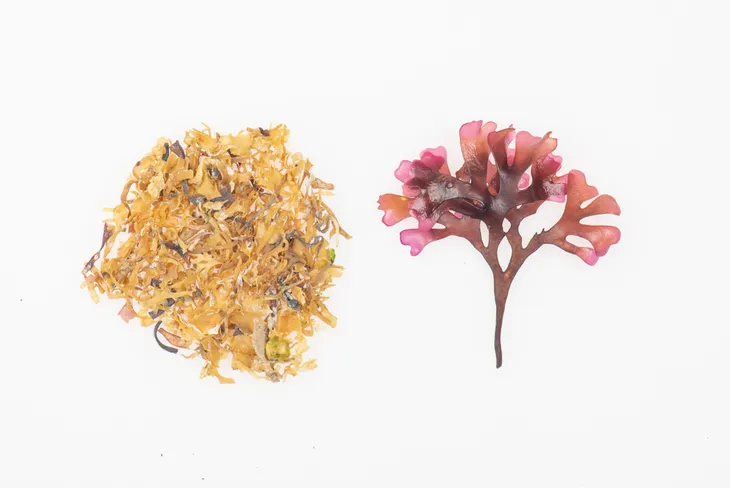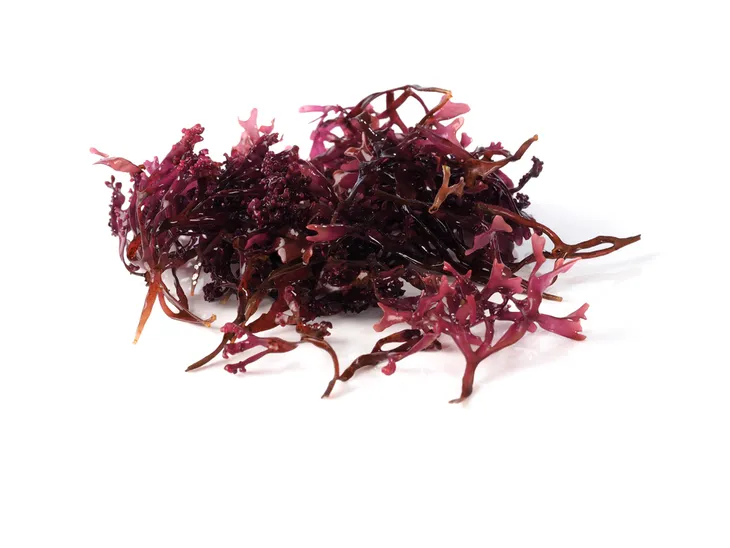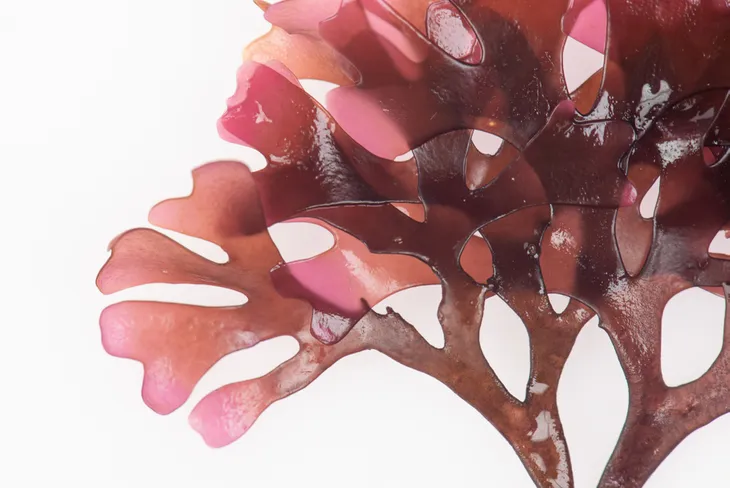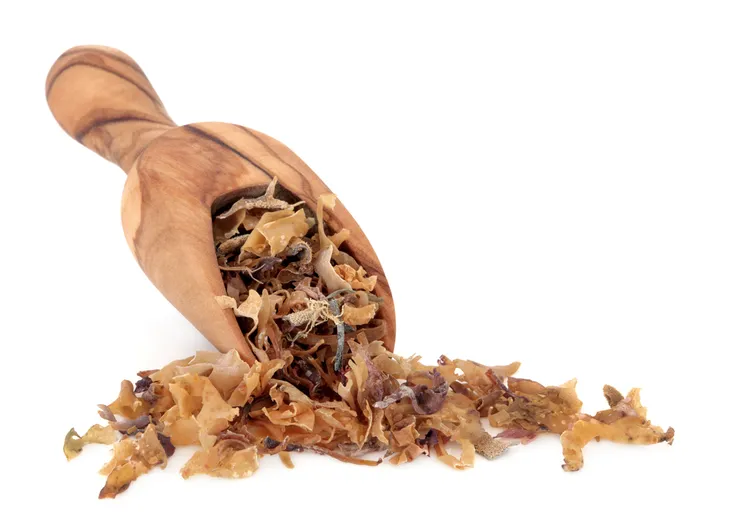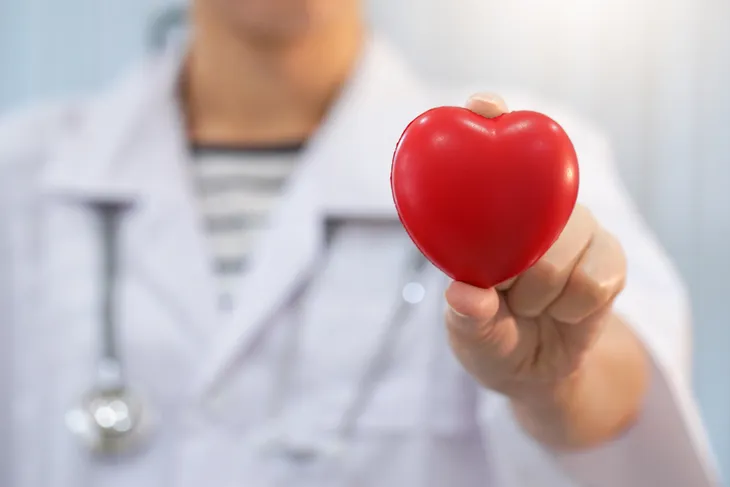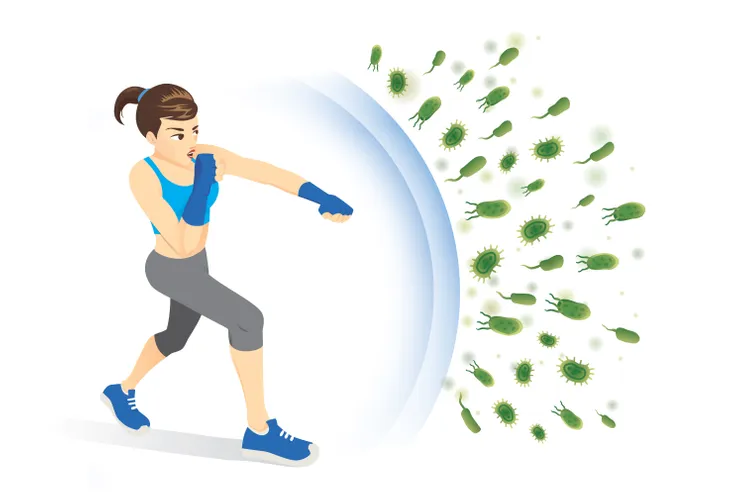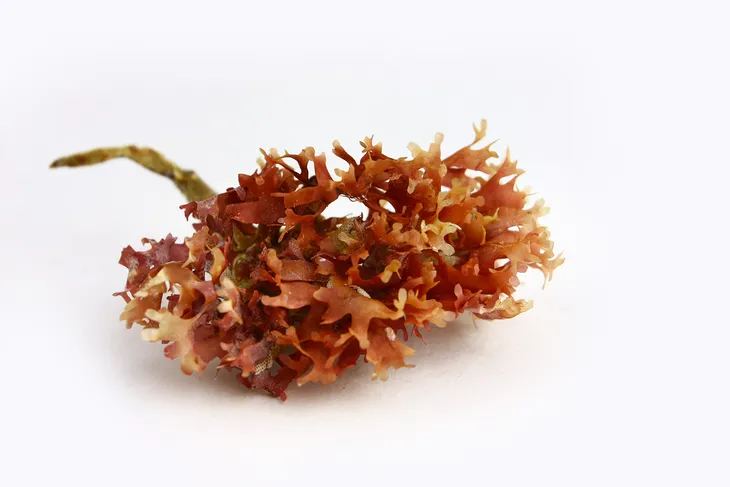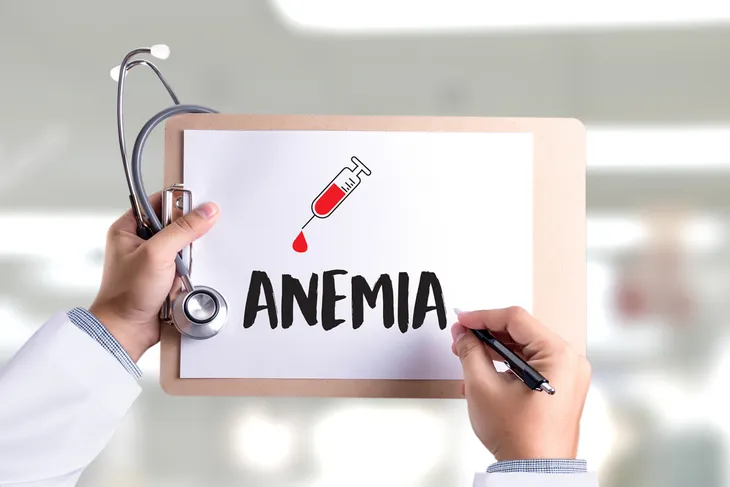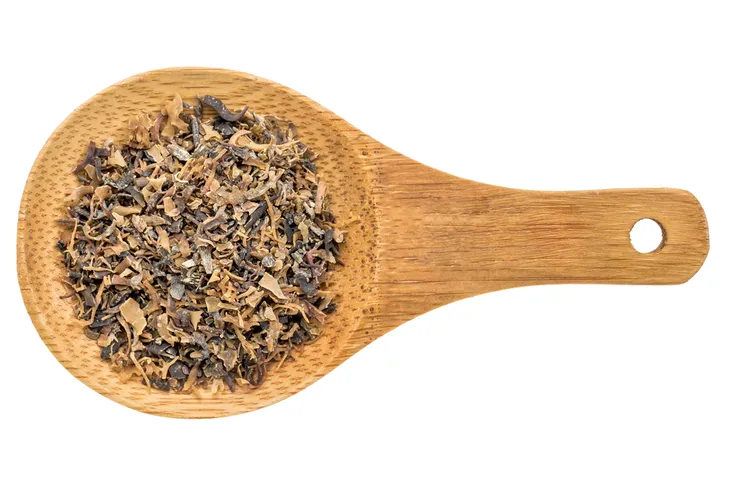Are you looking for a way to supercharge your health? You might be aware of the benefits of eating seafood, but there’s more than fish when it comes to gifts from the ocean. One ingredient you should add to your diet today is a type of red algae or sea moss, also known as Irish moss. This exotic-sounding substance found mainly on rocks along the North Atlantic Coast has been consumed by humans for thousands of years and can do everything from staving off cancer to providing five-star nutrition.
We’re taking a closer look into the long list of health benefits that come from adding sea moss to your diet, as well as the potential side effects to be aware of. Let’s take a look…
Protects From Radiation
With all the excitement of 2020, it can seem like the Fukushima nuclear meltdown is ancient history, even though it occurred less than a decade ago. However, contaminated seafood isn’t the only potential source of radiation you may encounter.
Fortunately, sea moss contains iodine, which takes up residence in your thyroid and protects it from the element’s radioactive form. While you don’t want to risk overdoing it and impairing function, a bit of the stuff added to your diet could help assuage your 5G fears.
May Help Treat Cancer
The big C frightens many people for good reason. Fortunately, medical science advancements allow 80-percent of patients to live for 10 years or more when caught in stage one or two. However, it’s better to prevent the disease in the first place.
Sea moss produces an extract called bryozoan that can modulate chemical signals within a cancerous cell to help it behave more normally. Scientists hope they can use this research to create designer drugs that target specific forms of the disease.
May Prevent Parkinson’s Disease
Parkinson’s disease is a challenging neurological disorder that can cause uncontrollable tremors and coordination problems. Sea moss holds promise to treat the condition.
One study in worms showed that sea moss decreases the accumulation of a-synuclein, a protein associated with Parkinson’s. Lowering levels of this substance reduces the stiffness and difficulty with movement people encounter.
Helps Treat Thyroid Disorders
If your thyroid goes out of whack, it can cause a range of distressing symptoms. Insufficient function can lead to gaining weight, feeling cold and overwhelming fatigue.
Because sea moss contains high iodine levels, it promotes healthy thyroid function when taken in moderation. However, you need to use caution not to overdo it — too much of this element can stop the organ’s function altogether. Experts recommend taking 4-8 grams, or 1- to 2-tablespoons daily. Try adding some powder to your daily smoothie or even a cup of hot tea and see if it helps your weight-loss efforts.
Benefits Your Brain
Sea moss contains high levels of potassium. Insufficient levels of this mineral can lead to anxiety, depression and irritability.
Potassium helps transport oxygen to your brain, which improves overall function. Let your neurons breathe by including sea moss in your daily or weekly diet and see if your mood improves.
Supports a Healthy Heart
Along with supporting brain health, potassium is vital for heart function. Too little of this nutrient can lead to stroke and heart disease.
Unfortunately, the Western diet contains high sodium levels, which can increase blood pressure and put more strain on your ticker. Potassium helps mitigate the damaging effects of salt. You still shouldn’t dump a shaker on fast-food french fries, but increasing your sea moss intake could ease hypertension.
Boosts Your Immunity
Ah, 2020. Has there ever been a cold and flu season to match the current one? In today’s climate, you should do all you can to improve your immune function.
Sea moss has antiviral and antimicrobial properties that can help your body defeat harmful pathogens if they do enter your system. Additionally, it provides a potent punch of vitamin C. While this nutrient won’t help you stave off a cold, it can shorten its duration by as much as a day.
Helps You Breathe
When you get sick, breathing becomes problematic. Even if the illness doesn’t progress to your lungs, a stuffy nose can keep you awake at night.
Sea moss contains components that help break up mucus and ease coughing. You’ll effortlessly get your sleep once you no longer have to mouth-breathe to get oxygen.
Addresses Anemia
Anemia occurs when you don’t get enough iron in your diet — or your body fails to absorb it. This condition often impacts vegetarians and vegans. While some people’s digestive systems sufficiently absorb supplements, others won’t utilize over-the-counter pills.
Enter sea moss. This humble alga is high in iron, along with magnesium, manganese and zinc. Additionally, an extract, carrageenan, frequently appears in vegan ice creams and nondairy milk. Read the label — if you live a cruelty-free lifestyle, such products can help you stave off anemia.
Provides a Potent Nutritional Punch
Sea moss provides your body with a ton of the good stuff. As previously mentioned, you’ll enjoy a healthy dose of vitamin C and zinc. You’ll also get vital magnesium for brain and digestive function, manganese for metabolism and ample iodine for thyroid health.
Sea moss also contains high levels of selenium. A double-blind clinical study of British participants found that low levels of this mineral increases anxiety and depression, which ease with supplementation. If you are prone to seasonal affective disorder (SAD) this time of year, try adding these algae to your diet.
Side Effects
Iodine Overload
For the most part, sea moss is safe to consume, however even with something that is healthy, there is such thing as too much of a good thing. Sea moss is often used as a good source of iodine, but too much iodine can cause thyroid disorders, says Dr. Axe. You must be careful not to overdo it. People with Hashimoto’s, thyroiditis, or issues related to hypothyroidism need to be careful about limiting their iodine intake and should talk to their doctor before consuming sea moss regularly.
The Unknown
Even though humans have been consuming sea moss for thousands of years, there’s still a lot we don’t know about it. As a result, it should be consumed in moderation and with caution. According to Health.com, while algae is rich in minerals and antioxidants, “the digestibility and bioavailability of nutrients isn’t well understood. In other words, how much nutrition is absorbed from the digestive tract into the bloodstream, and how accessible and usable are those nutrients to our cells?”
You should also take into consideration where the algae is grown and whether or not it could be contaminated with heavy metals or other environmental toxins, warns the source.

